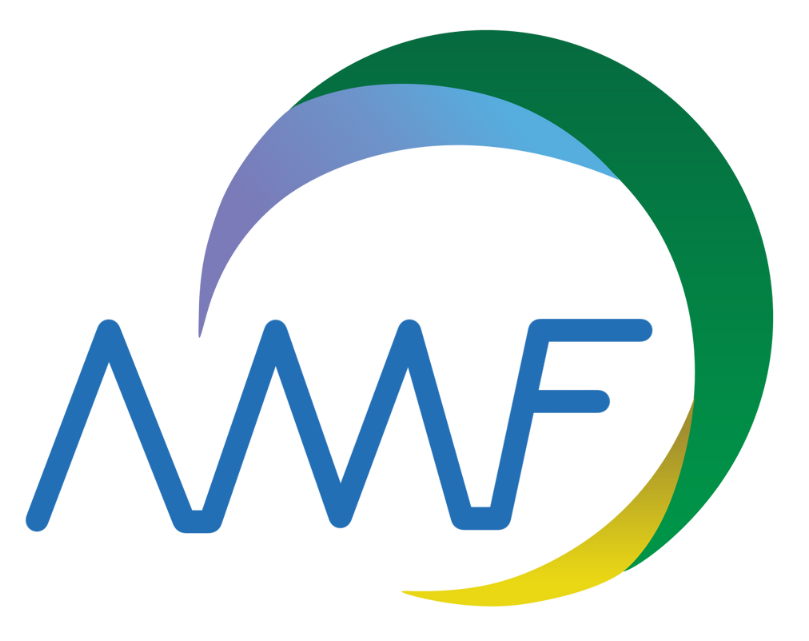Sustainable Financing For Agrobiodiversity In the Mount Halimun Salak National Park

Executive Summary
This project introduces an innovative financing model to support agrobiodiversity management in Mount Halimun Salak National Park (TNGHS). It integrates biodiversity conservation with community empowerment through a partnership-based collaborative approach. In addition to maintaining ecosystem quality, the approach also enhances farmer welfare through a fair benefit-sharing system derived from agroforestry activities. By engaging offtakers, financial institutions, and community groups, the model aims to create a stable market for local commodities while promoting sustainable resource management and conservation. The feasibility study aims to develop a replicable financing model that incorporates sustainability principles, empowerment, and cross-sector collaboration. This initiative, carried out in partnership with AMF and Yayasan DEO, aims to encourage multi-stakeholder collaboration for impactful and adaptable solutions across different contexts.
Background
Biodiversity forms the foundation of ecosystem sustainability and human well-being. As one of the world’s megadiverse countries, Indonesia plays a vital role in maintaining global climate, health, and resource availability. However, conservation efforts are often hampered by funding limitations, with only about 26% of needs being met. Consequently, there remains a funding gap of up to 74%, equivalent to approximately IDR 24 trillion per year. To address this challenge, innovative and sustainable financing mechanisms are required to support Indonesia’s Biodiversity Action Plan 2025–2045, aligned with the Kunming-Montreal Global Biodiversity Framework. In this context, Mount Halimun Salak National Park (TNGHS) holds a strategic role as a carbon sink area and contributes significantly to achieving the FOLU Net Sink 2030 Indonesia target.
Client
Deutsche Gesellschaft für Internationale Zusammenarbeit (GIZ)
Partner
Yayasan DEO
Year
2024/Indonesia
Location
Bogor, West Java
Objectives of the Intervention
- Emphasise the urgency of applying innovative and sustainable financing solutions through a comprehensive strategy that integrates various financial instruments and mechanisms.
- Develop a financial framework that channels economic incentives for biodiversity conservation while promoting nature-based investments of high ecological value.
Implementation
- Conduct socio-economic studies of local communities around the TNGHS office.
- Analyse potential sustainable businesses and specific commodity value chains that could serve as the foundation for the financing model.
- Develop a sustainable financing model that integrates biodiversity conservation in the National Park area.
- Conduct Focus Group Discussions (FGDs) to gather information on business processes and financing model preparation.
- Introduce the financing model to stakeholders, including farmer groups.
- Implement pilot testing (trial models) involving targeted community groups.
- Conduct monitoring, evaluation, and assessment of the financing model’s implementation outcomes.
Main Outputs and Deliverables
Establishment of an innovative financing model for agrobiodiversity management in TNGHS that can be replicated and adopted in various conservation contexts.
Integration of biodiversity conservation with community empowerment through community-based agroforestry.
Formation of multi-stakeholder collaborations (offtakers, financial institutions, and community groups) to develop stable markets for local commodities.
Concrete contributions to long-term conservation funding through the sustainable use of biological resources.
Increased public and stakeholder awareness regarding the importance of sustainable financing for conservation.
Challenges Encountered
- Programme success requires a clear regulatory framework, systematic monitoring and evaluation, and participatory approaches.
Lessons Learned
- It is crucial to emphasise strategic partnerships with cooperatives, local financial institutions, and international donors or other partners to support long-term financing.
Documentation

Anwar Muhammad Foundation
Jl. O Kavling No. 12, RT. 10 RW. 14, Kebon Baru, Tebet, Jakarta Selatan – Indonesia 12830